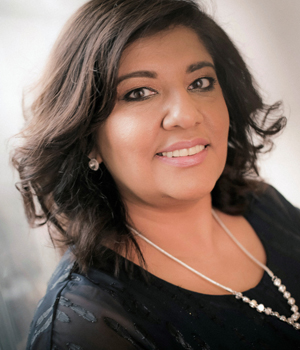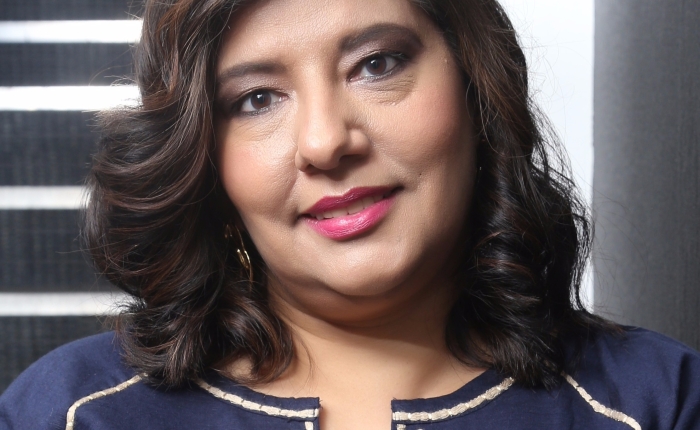In the NHS, summers do not last long, and with each passing year, the planning for next winter gets earlier and earlier. Given the pressures we all experienced last year, NHS England have already written out to systems across the country to set out the plans in emergency and elective care.
The relationship between the NHS and patient groups, including National Voices, is more important than ever. The most recent elective letter sets out how and why providers need to transform their outpatient services to help free up capacity for new patients. To successfully transform services, we need to ensure we are delivering positive change for patients on the ground, not just looking at improving metrics.
It’s important to remember that although operational guidance is vital for NHS providers, we need to remember that behind every number is an individual.
The section on Did Not Attends (DNAs) in the latest letter stressed the need for clinicians to be inquisitive when patients miss appointments. To find out why patients had not attended and to put measures in place to help patients attend future appointments. As part of this, the letter also responded directly to feedback from patients: that we must make it easier for patients to change appointments as needed.
Since last winter, NHS England’s Elective Recovery Programme has developed a much stronger relationship with patient groups through the Elective Engagement Forum. Many aspects of the programme have renewed the effort to consider what works for patients and to commission and co-produce strategies. This is essential for the survival of the NHS. After all, we know that by engaging more with patients, individual providers and the system as a whole gain a much clearer picture of what is working and what is not. It is far more enlightening that trying to use activity data alone to assess the impact of new ways of doing things.
As we ramp up towards this winter, messaging to the system must continue to stress the need to build ongoing relationships between the NHS and communities. This should include more shared decision-making between patients and clinicians. Increased public facing information can also support this to help patients understand what to expect when accessing care, whether it be an outpatient appointment or a trip to A&E.
It is also important that clinicians and systems continually evaluate the impact of new initiatives such as Patient Initiated Follow-Up (PIFU), to assess how changes are affecting patients and outcomes. Ensuring genuine shared decision-making with patients will result in appropriate reductions in follow up appointments. However, patient groups are right to ask whether this creates risks and unintended consequences. For example, patients moved onto PIFU pathways must be able to access services if they need them and not have to ask for a new referral from their GP.
Performance metrics, like the 25% reduction in follow-up attendances, are ambitious but can lead to providers hitting the target but missing the point. Involving patients and ensuring shared decision-making will be key to real transformation, which will drive quality and improve productivity and financial improvements.
The importance of patient centred care is clear in all the recent NHSE strategy documents and recovery plans. It will be the collaboration of patients; multi-professional and operational leaders that will set the right cultural direction for local leaders by giving the clarity of what matters most this winter.
Biographies
Jacob Lant
Jacob joined in May 2023 as Chief Executive of National Voices. He is a committed advocate for working with people accessing health and care services and the wider public to help improve the accessibility and quality of the care they receive. He loves to combine deep qualitative insights with quantitative data to challenge traditional thinking on how to tackle policy challenges. Prior to working for National Voices, Jacob spent almost 10 years helping to build the Healthwatch network. In this time, he led successful nationwide policy influencing campaigns on a huge variety of topics, from maternal mental health services to access to NHS dentistry. He has also worked in local Government and for the British Library.
Stella Vig
Stella Vig has more than 30 years’ experience in the NHS and appointed as a Consultant in vascular and general surgery at Croydon University Hospital in 2006. Currently she is the National Clinical Director for Elective Care for NHSE. She is also the Clinical Director leading Elective Recovery at Croydon Health Services NHS Trust, which opened a ‘hospital within a hospital’ to safely continue planned care and surgery during the pandemic. Across London, Stella is also the Regional Clinical Director for General Surgery for the ‘High Volume, Low Complexity’ and ‘Get It Right First Time’ best practice programmes.

































 These decisions have culminated in a system where there are gaps at so many levels within the NHS. In an effort to make the money go further, there is a cap on locum and bank pay and spend for medical and administrative staff. The NHS needs to cap the salaries of non medical NHS staff in the same way to ensure parity. Those who are still working in the NHS are covering these gaps by working innovatively to ensure patient safety but this cover has now become a struggle.
These decisions have culminated in a system where there are gaps at so many levels within the NHS. In an effort to make the money go further, there is a cap on locum and bank pay and spend for medical and administrative staff. The NHS needs to cap the salaries of non medical NHS staff in the same way to ensure parity. Those who are still working in the NHS are covering these gaps by working innovatively to ensure patient safety but this cover has now become a struggle.
















